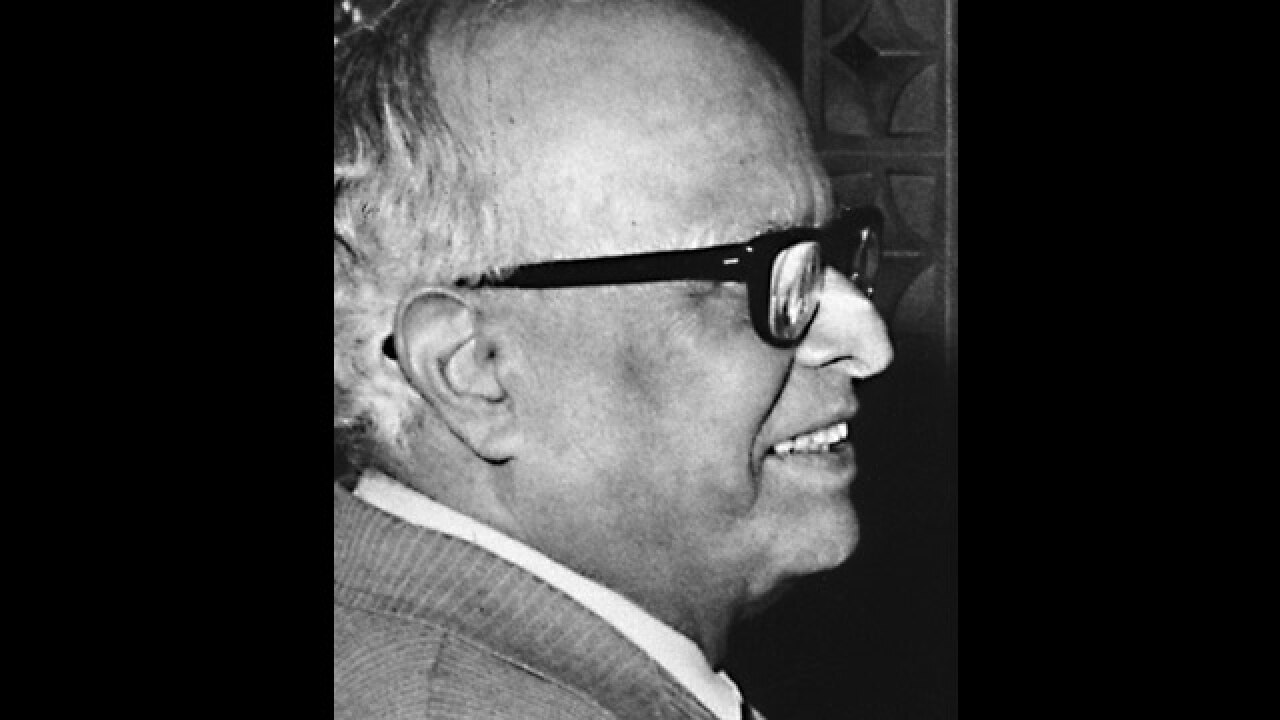
How strange to remember that Indians began using English as a literary medium only in the 19th century, and that the first Indian novel in English came out in 1864! And oh yes, not to forget the time when Indian writing in English couldn’t make up its mind about what it was to call itself — was it Indo-Anglian, Anglo-Indian, Indo-Anglican, Indian-English, India-English or Indo-English? Most people dismissed the whole lot. Stilted, imitative, artificial, they said. They couldn’t see that an RK Narayan or a Raja Rao had created his own dialect to represent his own unique audio-visual ambience.
Somehow the choice of English by writers whose mother tongues ranged from Kashmiri to Konkani made people trounce them as elitist “Coca-colanisers”. When global glitz and big bucks came their way, some “vernacular” Indian critics exploded with those-grapes-are-sour rancor. We know Salman Rushdie hit back with his absurd, attention-grabbing salvo that literature in all Indian languages is petty and parochial, the best writing in India is produced in English.
However, I think by now most of us do agree that Indians writing in English open up new and fascinating fields of experience. While the best writers in Indian languages are second to none in dealing with the fragmentation and traumas of contemporary life, with a perspective as globalised or layered as from anyone living elsewhere, you do undeniably get a different sort of hybridity in an Indian writer living in the West. When poet/translator AK Ramanujan described himself as the hyphen in “Indo-Anglian”, wasn’t he telling us about being poised on that exquisite, excruciating bridge between two different planes of existence?
Indo-Anglian writers deploy wit and irony in unexpected modes, highlighting contradictions in the geographically distant, culturally displaced diaspora. Paradoxically, their writerly ambiguity sharpens my readerly perception.
Sometimes a wry, whimsical, but also an equally practical wisdom beckons… and yes, it is exciting to try to grab hold of that elusive insight oscillating between two different worlds.
That is what I feel when I read Chitra Divakaruni’s books. They reflect her deep interest in people and ideas. I have seen how enraptured she can be at a museum, looking at a Van Gogh or an O’Keefe. At a party she can listen spellbound to a Carnatic musician singing a composition in Malayalam. She can shed tears at a friend’s theatre performance. She is always ready to hear your story.
Naturally, her own storytelling refracts multiple dimensions. Those stories are fluid, they have been easily retold in other genres — film, television, theatre, even opera. Each book offers its own stylistic surprise — The Mistress of Spices, Palace of Illusions, Oleander Girl… And we all know how Divakaruni can move seamlessly from naturalism to magic realism, history to fantasy, past and present, fable and fact, America and India.
I am, therefore, extremely eager for the release of her new novel this month. Before We Visit the Goddess is described as a collection of tender, bittersweet tales about love and longing, exile and loneliness. Anticipation mounts as I hear Amitav Ghosh, himself a master of haunting fiction, saying that ‘like Bhojpuri women singing of biraha, Divakaruni discovers new nuances of loss that creep into the lives of migrants elsewhere’.
And I thought how yesterday, after gazing spellbound at the Niagara Falls in the US, I was startled by the curiously named “Jain Idlis” at a food court nearby which offered American, Italian, Mexican, Chinese, and Indian cuisine. The mise-en-scène transformed those idlis into a culturally challenging, intriguing, nuanced paradox. I couldn’t wait to taste them!
The author is a playwright, theatre director, musician and journalist